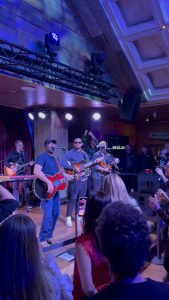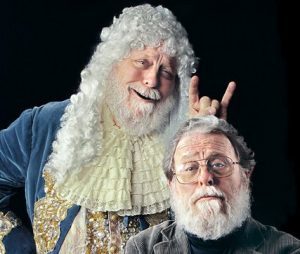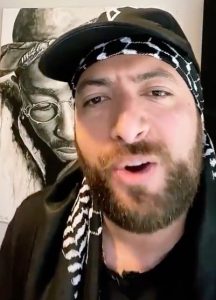John Lennon’s 50-year-old interview that apparently includes an unpublished song will be auctioned in Copenhagen, Denmark, this month. Lennon had given an interview to four Danish teenagers for their school newspaper. The interview, which was taken on January 5, 1970, is 33-minute long.
At the height of the Vietnam War and the Cold War, Lennon and his wife Yoko Ono had “a message of peace, and that was what was important to us,” recalled Karsten Hoejen, who made the recording on a tape recorder borrowed from the local hi-fi shop.
Majorly, the cassette has a recording of Lennon and Ono speaking about being in Denmark and world peace, Hoejen said.
“We knocked on the door” and moments later they sat next to the British musician and Ono.
At some point, “someone … I cannot recall who … asked Lennon if could play the guitar for us.” He played and sang with Ono ‘Give peace a chance’ and “then they sang ‘Radio Peace.’” It was made for a radio station in The Netherlands but was never aired, Hoejen said.
The items — the tape, 23 still photos and a copy of the school paper — have been estimated to be worth at least 200,000 kroner (nearly $31,800).
The late 1960s saw alternative societies mushrooming in Denmark and attracting people abroad. Music festivals were, too, organised.
“Their peace message was what we came for,” Hoejen told The Associated Press.
“There was a very relaxed atmosphere, a cozy atmosphere. Lennon and Ono had their feet on the (coffee) table.”
Lennon and Ono were in the Danish region of Thy where Ono’s ex-husband had moved to and brought Kyoko, the couple’s then five-year-old daughter with him.
They stayed for about a month and tried to lie low — which worked for about a week.
However, sometime later, their cover was blown and the media rushed to interview the.
“What also makes (the tape) interesting is that it is a time pocket.” It was recorded on an old-fashioned tape recorder,” said Alexa Bruun Rasmussen of Denmark’s main auction house Bruun Rasmussen Auctioneer.
“When listening to the tape, you realize that they talk straight from their hearts. This is not a staged press conference.”
The four boys behind the interview eventually found out that they “were sitting on a treasure. So the cassette was put in a bank vault,” Hoejen said, and they debated what to do with it.
“A collector or a museum would likely get more of it than us having it in a bank vault,” he said.
“So we decided to sell it.”
(with inputs from Associated Press)






